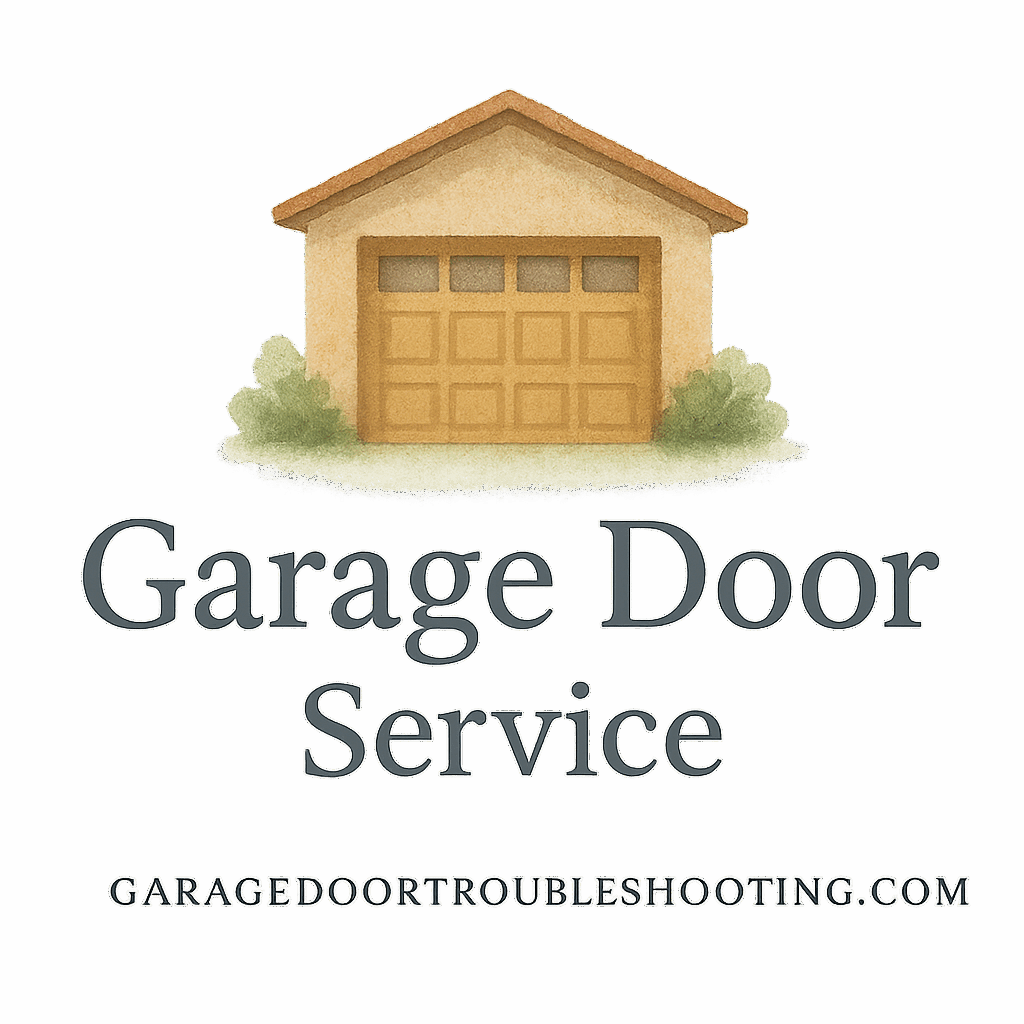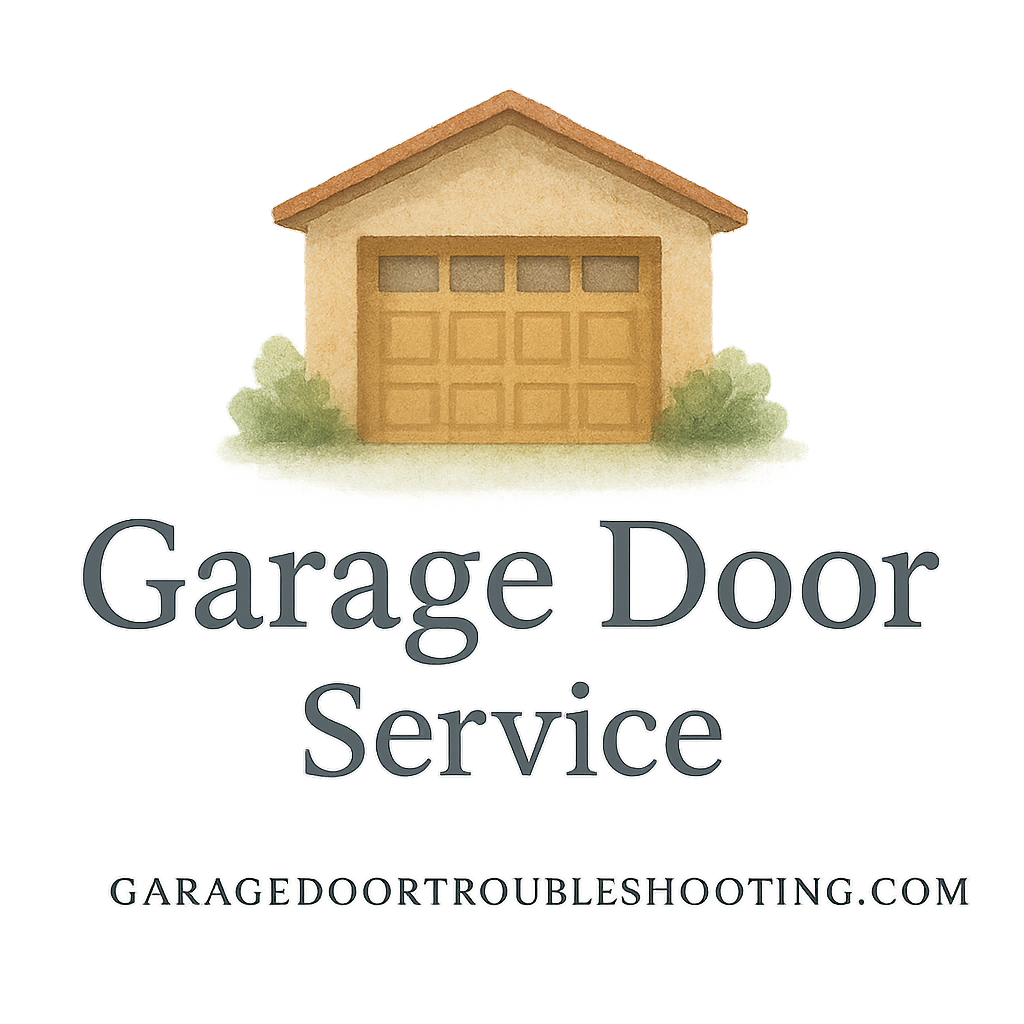Let’s be real for a second: when was the last time you gave your garage door any real thought? Probably not recently. But just like any other part of your home, garage doors age, wear down, and eventually scream for replacement. Ignoring the signs can cost you more than just repair bills—it can compromise your home’s safety, energy efficiency, and even its curb appeal.
So, how do you know when it’s time to say goodbye to your old door? Let’s break it down.
Why Your Garage Door Matters More Than You Think
Your garage door isn’t just a piece of wood or steel that opens and closes. It’s one of the largest moving components of your home and plays a huge role in:
- Home security
- Energy efficiency
- Curb appeal
- Convenience and daily access
If it’s been years (or decades!) since you last upgraded or even inspected it, it might be time to rethink your priorities. Not sure where to start? Keep reading.
Sign #1: Your Garage Door Is Constantly Breaking Down
When Repairs Become Routine
Are you calling your garage door technician more often than your best friend? That’s a red flag. If your door keeps getting stuck, refuses to open, or slams shut without warning—it’s more than a nuisance; it’s a danger.
The Costs Start to Add Up
Each service call chips away at your wallet. At some point, investing in a full garage door replacement becomes more cost-effective than endless garage door repair guides.
Sign #2: It’s Making Strange Noises
Grinding, Banging, Screeching – Oh My!
Some noise is normal. But if your garage door sounds like it’s auditioning for a horror movie, it could indicate issues with the springs, rollers, or opener system. A new door with modern, quieter technology can restore peace to your mornings.
Check out our maintenance tips to keep your new door whisper-smooth.
Sign #3: Visible Damage or Warping
Rust, Dents, and Cracks
Surface-level damage might not seem serious, but it can affect the structure and function of the door. Cracks can let in moisture, pests, and even compromise security.
Weather Damage Over Time
From sun exposure to hailstorms, your garage door takes a beating. Warped panels or bubbling paint often signal internal damage. Time for a new door.

Sign #4: It’s No Longer Energy Efficient
Your Bills Are Creeping Up
Notice your energy bills slowly rising? Your old garage door may be the culprit, especially if it lacks proper insulation.
Insulation Technology Has Improved
Modern garage doors come with weather-sealed, insulated panels that keep your garage (and adjacent rooms) much more comfortable.
Sign #5: It Lacks Modern Safety Features
Outdated Openers and Sensors
If your garage door doesn’t stop when something crosses its path—it’s dangerous. Especially for families with pets or kids.
Childproofing and Auto-Reverse Systems
Current models include smart sensors, auto-reverse, and childproofing mechanisms that are far more reliable. You can even explore childproof and safety guides to learn more.
Sign #6: The Style Is Seriously Outdated
Boosting Curb Appeal
A dated garage door can drag down your home’s appearance. Think: peeling paint, worn-out designs, or styles from the 80s. Yikes.
Modern Designs That Match Your Home
Today’s doors come in custom colors, window inserts, and wood-look finishes. Ready for a glow-up? Check our garage door installation advice for inspiration.
Sign #7: Poor Performance in Extreme Weather
Moisture and Cold Air Seeping In
If your garage turns into a freezer in winter or sauna in summer, your old door isn’t doing its job. Water leaks or drafts? Time to upgrade to one that withstands the elements.
You’ll want a door that fits your maintenance plan and holds up all year long.
Sign #8: You’re Planning to Sell Your Home
Increasing Property Value
A new garage door is one of the highest ROI upgrades for home sellers. It’s an investment that pays off during resale—boosting your home’s aesthetic and function.
Making a Good First Impression
Buyers notice the garage door. Don’t let an old, creaky one cost you a sale. Want to be fully ready? Don’t miss these homeowner tips before listing.
Why a New Garage Door Is Worth the Investment
Improved Security and Safety
A new door with smart features can integrate into your home’s security system, keeping your family safer than ever.
Explore options under garage door safety & security.
Lower Maintenance Over Time
Modern doors are built to last longer with minimal upkeep. That means fewer repairs, less stress, and better peace of mind. And with the right service professional, you’ll never need to worry.
Choosing the Right Garage Door
Materials Matter: Steel, Wood, or Composite?
Each has its pros and cons. Steel is durable and budget-friendly, while wood offers classic aesthetics. Composite blends the best of both. Learn more in our buying guide.
Hiring a Professional vs. DIY
Some repairs are okay for DIYers, but full replacements? That’s a dangerous repair to tackle solo. Trust a professional with experience and insurance.
Conclusion: Don’t Wait for a Total Breakdown
If your garage door is waving all the red flags we’ve covered, don’t wait for it to fall apart. A new door means:
- Better safety
- Energy savings
- Stronger security
- Increased home value
So, stop patching the problem and start planning your replacement. Not sure where to begin? We’ve got a range of garage door troubleshooting resources that can walk you through it, step-by-step.
FAQs
1. How long does a garage door typically last?
Most garage doors last 15–30 years, depending on usage, climate, and maintenance. If yours is past that range, it’s likely time for an upgrade.
2. Can I replace just one panel of a damaged garage door?
Yes, sometimes—but if multiple panels are damaged, it may be smarter and more cost-effective to replace the entire door.
3. How much does a garage door replacement cost?
Prices vary by material and features, but you can expect anywhere from $700 to $2,500. Installation by a qualified provider is key.
4. Are smart garage door openers worth it?
Absolutely. They add convenience, remote access, and even enhanced security. You can check out communication tech in garage doors for more.
5. Should I try to replace my garage door myself?
Nope. It’s a risky job with heavy equipment and tension-loaded springs. Explore the DIY risks before attempting anything.
6. What are the most secure garage door types?
Steel doors with reinforced panels and smart openers offer top-level security. Combine with motion lights and sensors for full protection.
7. What’s the best time of year to replace a garage door?
Spring or fall are ideal. You’ll avoid extreme weather and can align the project with your planning schedule.


